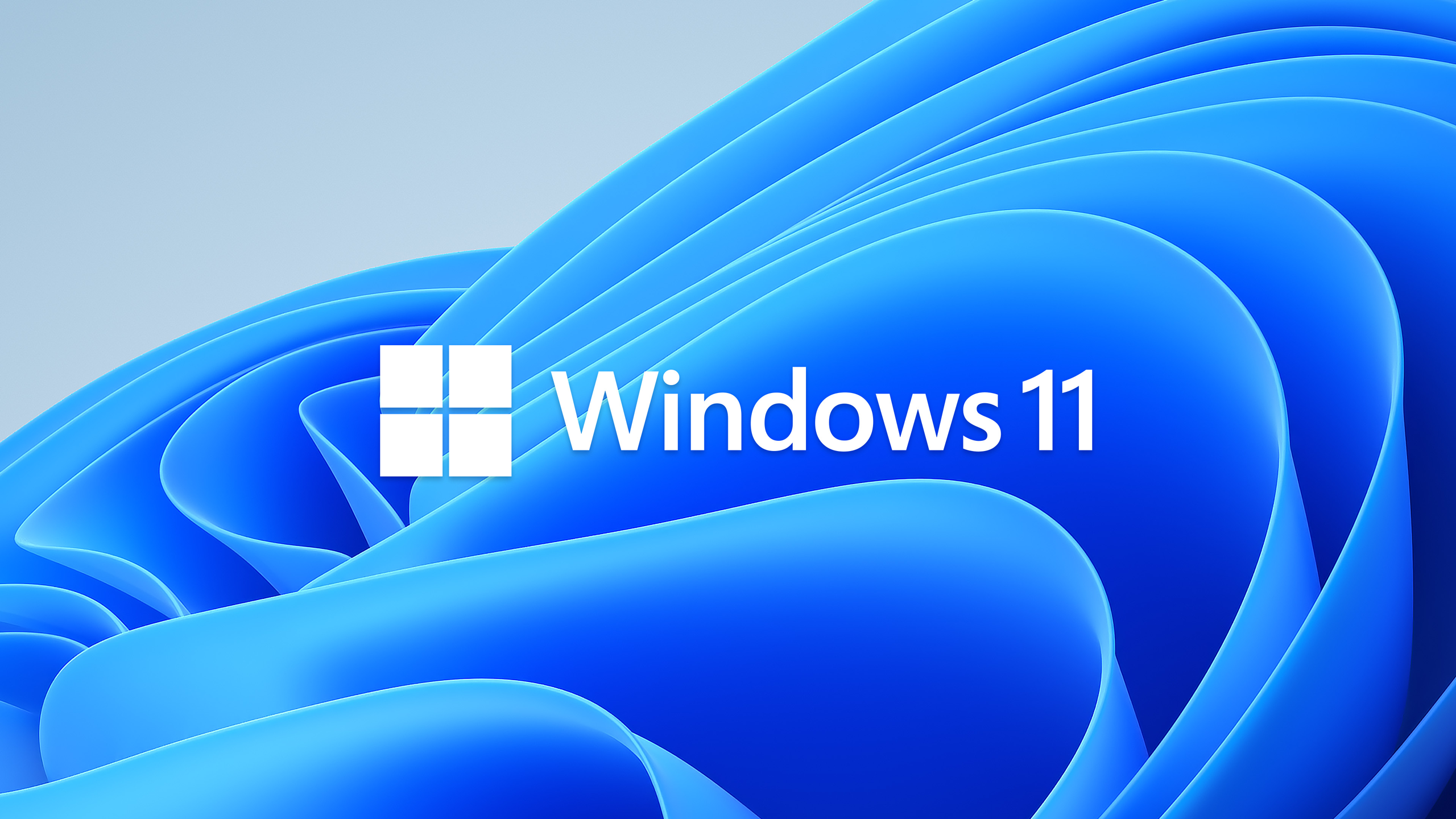Microsoft EVP Yusuf Mehdi said in a blog post last week that Windows powers over a billion active devices globally. This might sound like a healthy number, but according to ZDNET, the Microsoft annual report for 2022 said that more than 1.4 billion devices were running Windows 10 or 11. Given that these documents contain material information and have allegedly been pored over by the tech giant’s lawyers, we can safely assume that Windows’ user base has been quietly shrinking in the past three years, shedding around 400 million users.



I just wish Linux remote desktop support wasn’t absolute dogshit.
RustDesk, it’s by far the best remote desktop software I’ve used on any platform.
Tons of great features, open source, self-hostable, easy to install and configure, works on all major platforms including mobile. Cross platform works like a charm.
Thanks. I’ll give it a try.
It really isn’t. You don’t even need to port forward, you can use AnyDesk or TeamViewer or any other option entirely for free. There are also open-source options too.
I’ve used them all. They all suck.
How so? They work fine on me between laptop and desktop, phone and desktop, etc.
They work well enough to get by, but definitely lack the responsiveness and modern feel of Windows rdp. Which makes sense, given the Linux solutions are essentially sending screen caps vs rdp’s protocols.
It feels like using a raspberry pi as your workstation. Technically it can do it, but it’s not a great experience. It feels like when you’re in a video chat app, and someone using screen share gives you keyboard/mouse control.
I had luck with VNC, although it’s still worse than RDP. There’s also some RDP implementations on Linux that are apparently better, but VNC works well enough for me.
But there’s no sound, I don’t know if RDP has that. I’ve used VLC for sound forwarding. I also tried PulseAudio TCP module, but that didn’t quite work. With VLC I can do lossy compression.
What I wish would work better is X11 forwarding. That could be so awesome, just having the remote windows local-like. But from what I can find, in the past, programs used X11’s drawing features which would save a lot of bandwidth, while now they just draw pixel by pixel.
To give you some idea, I’ve tried it on LAN with gigabit ethernet, ping below 1ms. It would saturate the port and still be kinda slow.
There are plenty of options for both software and OS, so not every combination is going to have the same level of support as Windows, where every user gets the same experience.
That said, I’ve heard lots of good things about NoMachine.
I used NoMachine for the better part of a year, and I’d agree it’s the best of the options. It still sucks.